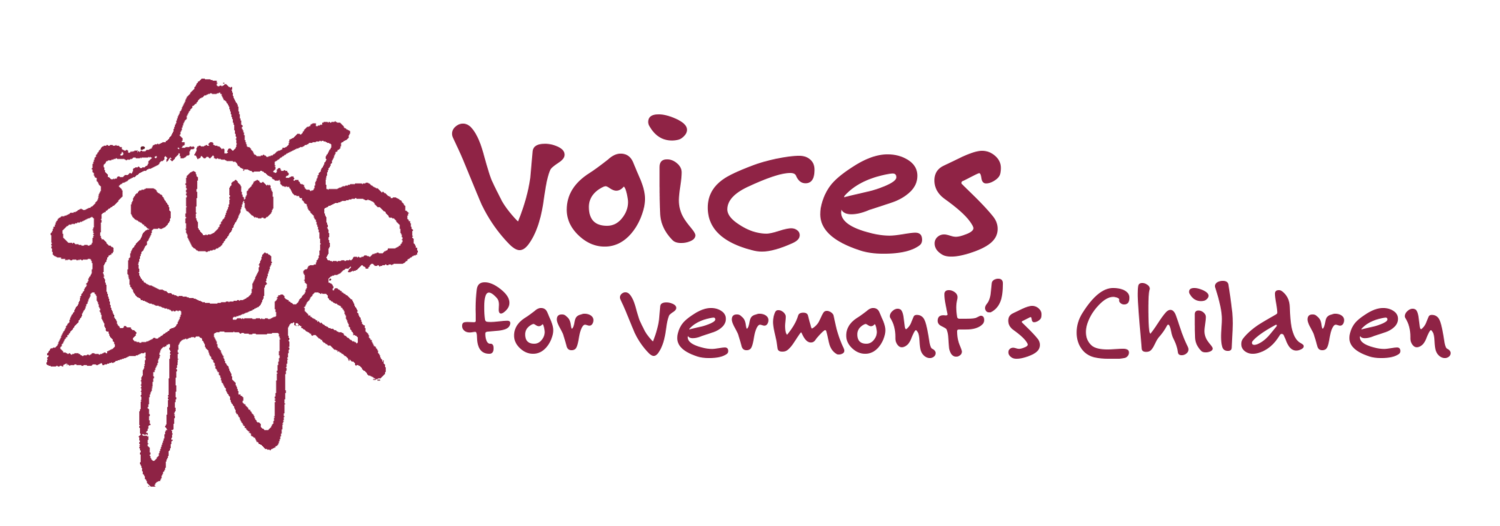Birth Doulas
Medicaid coverage for birth doula services will address disparities in maternal child health
A birth doula is a trained professional who provides continuous physical, emotional and informational support to a mother before, during and shortly after childbirth to help her achieve the healthiest, most satisfying experience possible.
Bill H219 was introduced on February 13, 2019.
To follow its progress follow this link
“Published data indicate that one of the most effective tools to improve labor and delivery outcomes is the continuous presence of support personnel, such as a doula.”
American College of Obstetricians and Gynecologists. Safe prevention of the primary cesarean delivery, 201
The Impact of a birth doula
Research shows that doulas are associated with a reduced risk of interventions:
Continuous support during labor and birth is named as a key component of safe, respectful birth care worldwide and across all circumstances and settings by:
MotherBaby Childbirth Initiative
Mother-Friendly Childbirth Initiative
Rights of Childbearing Women
World Health Organization
Across studies, the strongest effects have been seen when a trained doula is independent, not a staff member of hospital nor a member of the mother’s social network. For some outcomes, doula support provides the highest level of impact among all interventions studied. Reduced interventions and reduced complications can lead to significant cost savings now and for future births.
Sources: Bohren MA, Hofmeyr GJ, Sakala C, Fukuzawa RK, Cuthbert A. Continuous support for women during childbirth. Cochrane Database of Systematic Reviews 2017, Issue 7; Dekker, Rebecca, review of the research on doulas, Evidence Based Birth, evidencebasedbirth.com.
Other states have expanded Medicaid coverage to include birth doula services
Medicaid coverage for birth doula services has been legislated in:
Oregon
Minnesota
Pilots providing birth doula services to Medicaid recipients are underway in:
New Jersey
New York
Percent and Number of Births covered by Medicaid, by county, 2016
2,485 total births (43.3%) were covered by Medicaid in Vermont in 2016.
Counties with higher rates of Medicaid generally have smaller actual numbers of births.
Younger mothers have higher rates of Medicaid coverage, but fewer births.
Percent and Number of Births covered by Medicaid, by age, 2016
“Given the clear benefits and absence of adverse effects of continuous labour support, policy makers should consider including it as a covered service for all women.”
Source: Bohren MA, Hofmeyr GJ, Sakala C, Fukuza-wa RK, Cuthbert A. Continuous support for women during childbirth. Cochrane Database of Systematic Reviews 2017, Issue 7.
Equity Lens
Doulas offer the most benefit to those at highest risk
Doulas can help promote a positive and safe birth experience, especially when other challenges and circumstances make birthing more complex or higher-risk.
Young mothers
Medically risky births
Incarcerated mothers
Trauma
Lack of family support
Substance use disorder
Research shows stronger beneficial effects for women who are low income, socially disadvantaged, or who experience cultural or language barriers to accessing care.
Better birth experiences are also correlated with better bonding and less postpartum depression and anxiety.
The private pay model does not ensure consistent access for those who need it most and perpetuates disparities.
Doulas should be independent. A doula’s sole responsibility is to support the birthing person.







